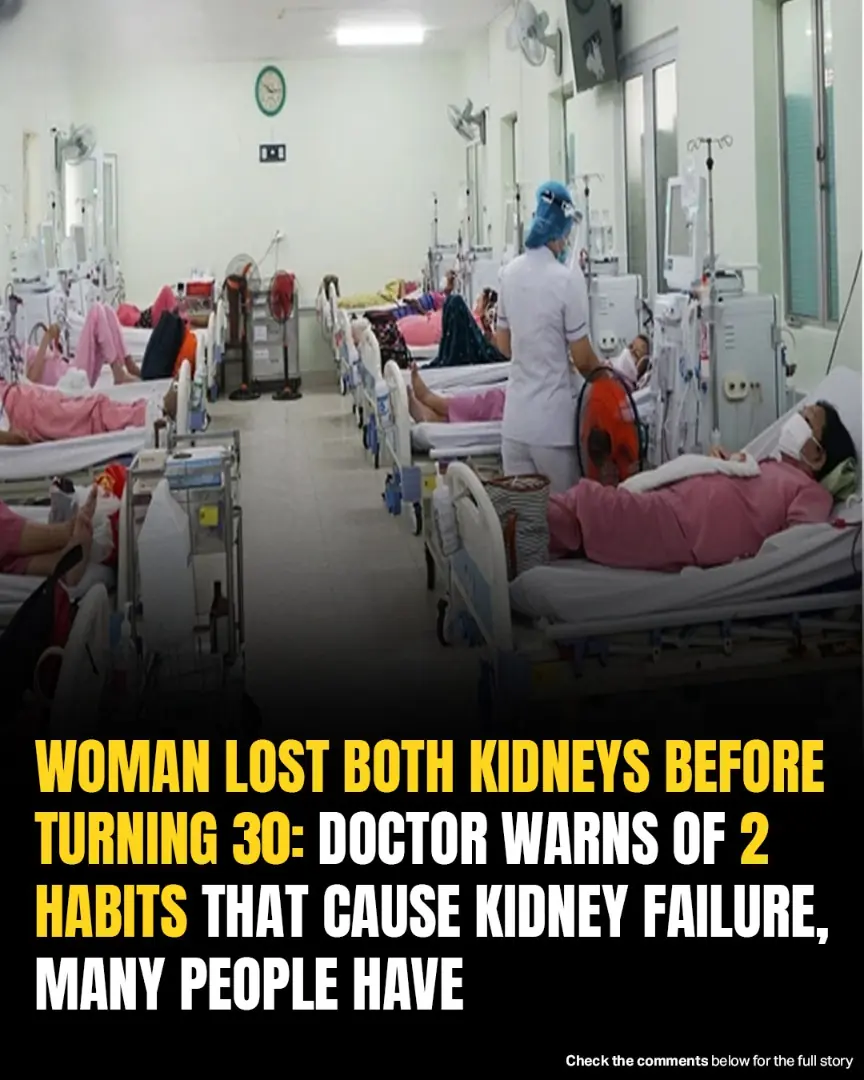
Colon Cancer & Your Poop: What to Watch For and When to Get Help
Colon Cancer & Your Poop: What to Watch For and When to Get Help
Changes in your bowel movements, such as blood in your stool, or looser and more frequent stools, can sometimes signal colon cancer. Abdominal pain is another common symptom.
It's important to remember that these changes don't always mean colon cancer; other gastrointestinal issues can cause similar symptoms. Also, some people with colon cancer might not show any symptoms at all and can have perfectly normal-looking stools [1].
This article will explain the link between colon cancer and your bowel movements, outline the specific signs to look out for, and advise you on when to seek medical help if you have concerns about colon cancer.

Colon Cancer and Poop: Early Warning Signs
One of the first clues of colon cancer can be a noticeable shift in your bowel movements or stool appearance. Stools linked to colon cancer might look thinner and vary from your usual in color and consistency.
Unexplained changes in your stool, especially if they worsen or continue, should raise more concern about colon cancer than almost any other symptom.
Here are some early indicators of colon cancer:
-
Narrow, "Pencil" Stools: This can happen as a tumor grows, narrowing the passage in your intestines.
-
Pain During Bowel Movements (Dyschezia): This symptom is often associated with rectal cancer.
-
Feeling of Incomplete Bowel Emptying (Tenesmus): Commonly seen with early-stage rectal cancer.
-
Rectal Bleeding: More frequent with rectal cancer or cancer in the lower bowel.
-
Abdominal Pain: Occurs when local inflammation triggers pain receptors in your organs called visceral nociceptors.
-
Fatigue: This can be due to intestinal bleeding, leading to a loss of red blood cells and the development of anemia [2].
Poop Changes in Regional Colon Cancer (Stage 3)
By stage three, colon cancer has spread to nearby lymph nodes. As the tumor grows deeper into the intestinal tissues and constricts the intestinal tract (known as the lumen), changes in bowel habits and stool tend to become more obvious.
The following additional symptoms often point to progressing colon cancer:
-
Constipation: Partially due to increasing bowel obstruction.
-
Diarrhea: Caused by intestinal fluid flowing around a partial blockage.
-
Alternating Constipation and Diarrhea: This can be a more telling sign of colon cancer.
-
Blood in Stool (Hematochezia): This can be bright red if the tumor is near the rectum, or dark red/maroon if it's higher up in the colon.
-
Tenesmus: Can persist as colon cancer advances due to ongoing and increasing inflammation.
-
Abdominal Bloating and Cramps: Partly because you can't pass gas when the bowel is obstructed.
-
Symptoms of Iron Deficiency Anemia: This affects about 48% of people with colon cancer [3].
Eventually, scar tissue and strictures can lead to a partial or total bowel obstruction. Bleeding is typically more severe at this stage, even if it's not always clearly visible in the feces.
Poop Changes in Advanced Colon Cancer (Stage 4)
Stage 4 colon cancer is defined by the spread of cancer to distant organs, a process called metastasis. At this most advanced stage, as intestinal blockage and bleeding worsen, symptoms can become more pronounced.
At this point, your poop might appear viscous and dark, often called melena. This is more commonly seen with right-sided malignancy and happens when oxygen and hemoglobin in the blood react during the blood's long journey to the rectum [6].
Other symptoms at this stage can include:
-
Nausea and Vomiting: Usually occur when the obstruction becomes severe.
-
Unexplained Weight Loss: A common result of advanced cancer, where widespread inflammation leads to muscle and weight loss, as well as a reduced appetite [7].
Sometimes, the overly strained tissues can rupture, leading to bowel perforation. Additional symptoms may also appear if the cancer spreads to common areas like the liver, lungs, or bones [8].
While symptoms are more common in stage 4 colon cancer, not everyone experiences them. In fact, many patients with metastatic colon cancer may be entirely symptom-free if there's no blockage, perforation, or bleeding [9].
In Summary
Colon cancer can cause changes in the color, content, and frequency of your bowel movements. These changes include blood in the stool, flat or narrow stools, diarrhea, and more frequent bowel movements. In later stages, poop can become thick and black.
Remember, other gastrointestinal issues can also cause these changes in bowel habits and stool consistency. However, you should always have these symptoms checked by a healthcare professional. Colon cancer is highly treatable if caught in its early stages.
News in the same category


Nurse Reveals The Spine-Chilling Truth About What Happens After We Die

One Month Before A Heart Attack, Your Feet Will Give You These 6 Silent Warnings
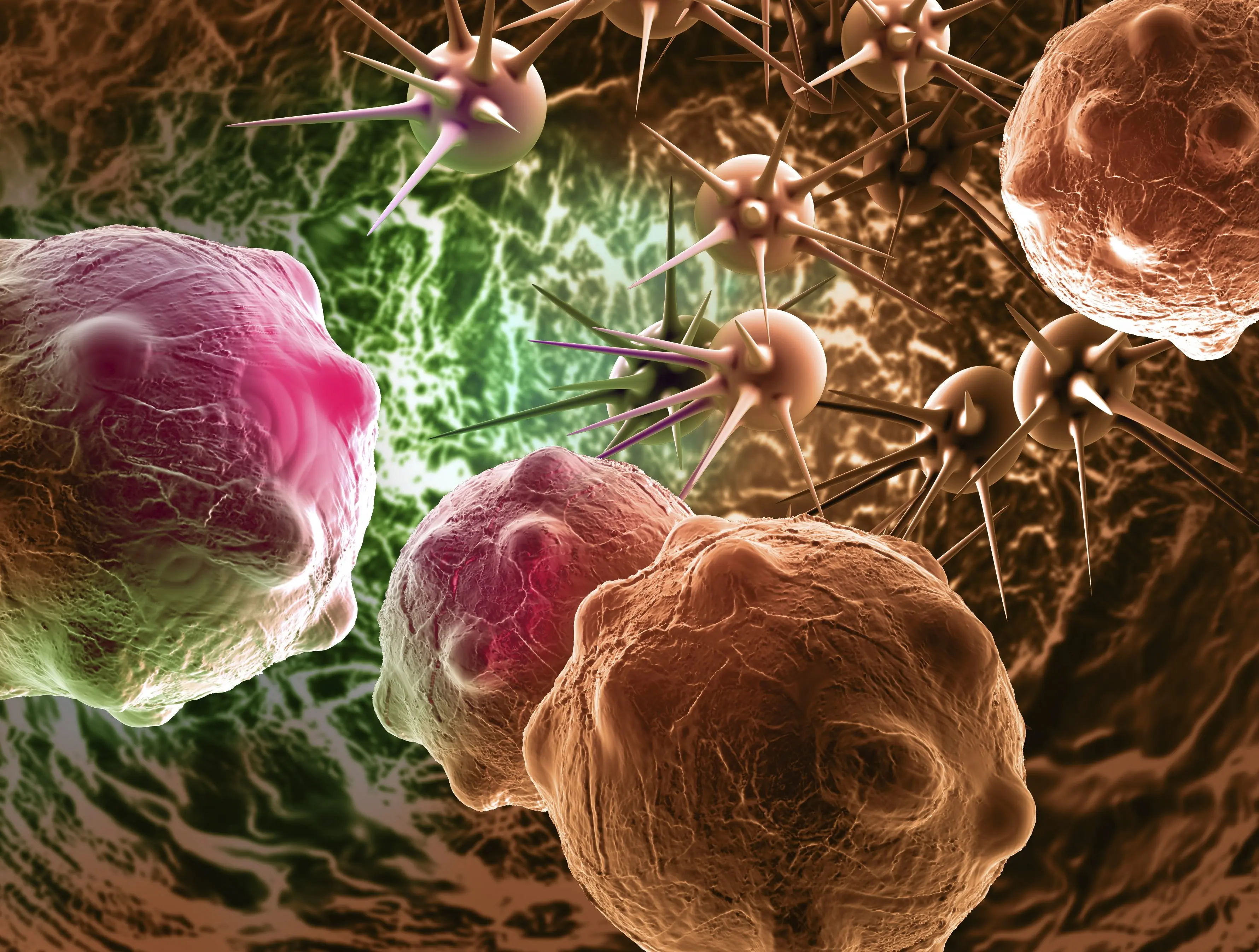
Striking simulation illustrates the progression of death from cancer
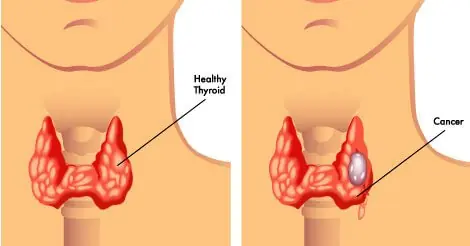
6 Types of Foods That Can Negatively Affect Your Thyroid
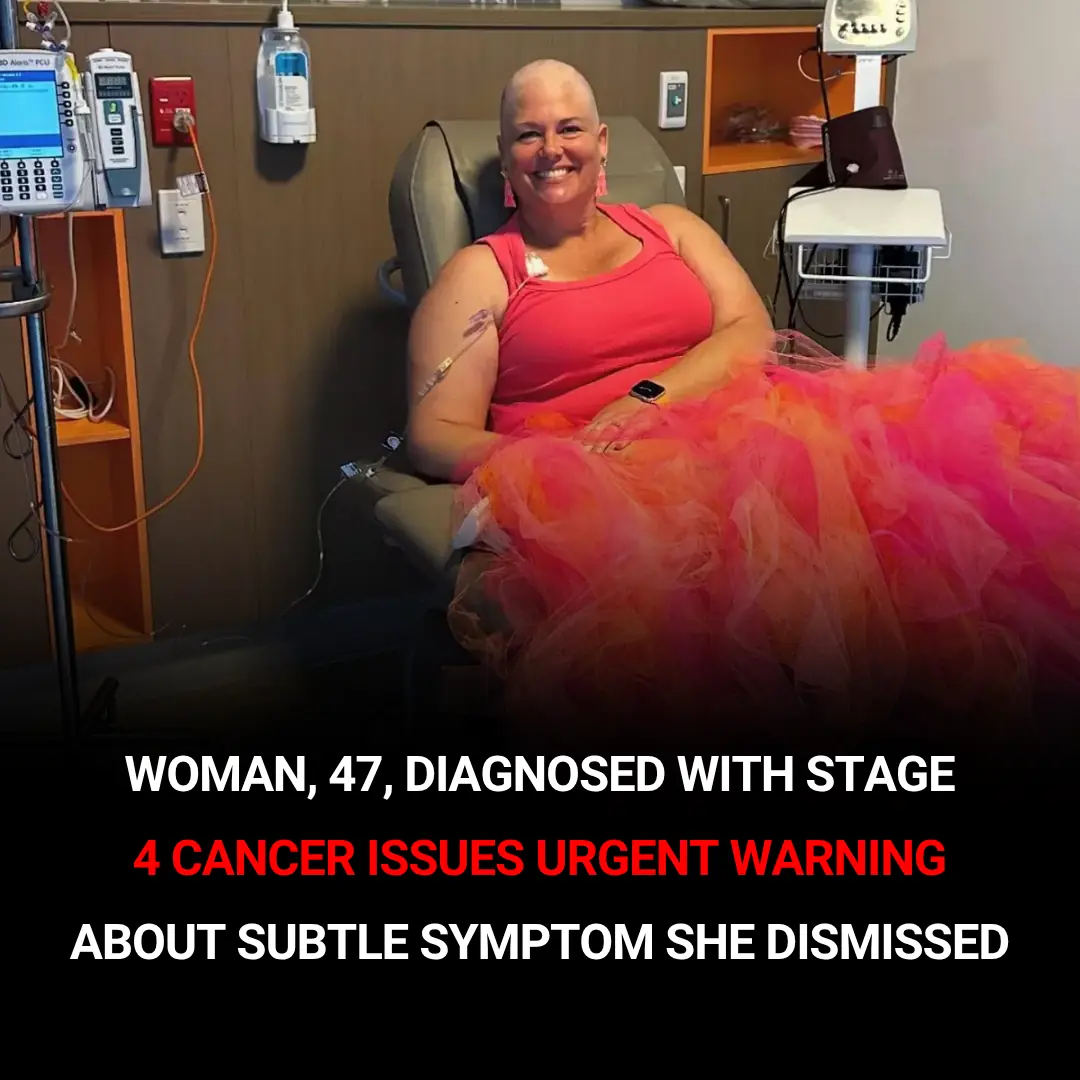
Stage 4 Cancer Survivor's Urgent Warning: Overlooked Minor Signs Can Hide Deadly Disease

MY STAGE FOUR CANCER SYMPTOMS WERE DISMISSED BY TWO HOSPITALS - I WON'T GET TO SEE MY LITTLE GIRL GROW UP
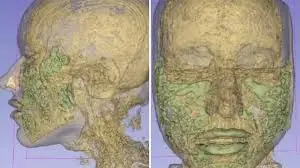
Doctor Reveals: MRI Scan Of The Face Of A 33-Year-Old Woman Reveals Where All Of Her Filler Went

There Is One Sound A Person Makes That Means They Have Less Than 24 Hours To Live
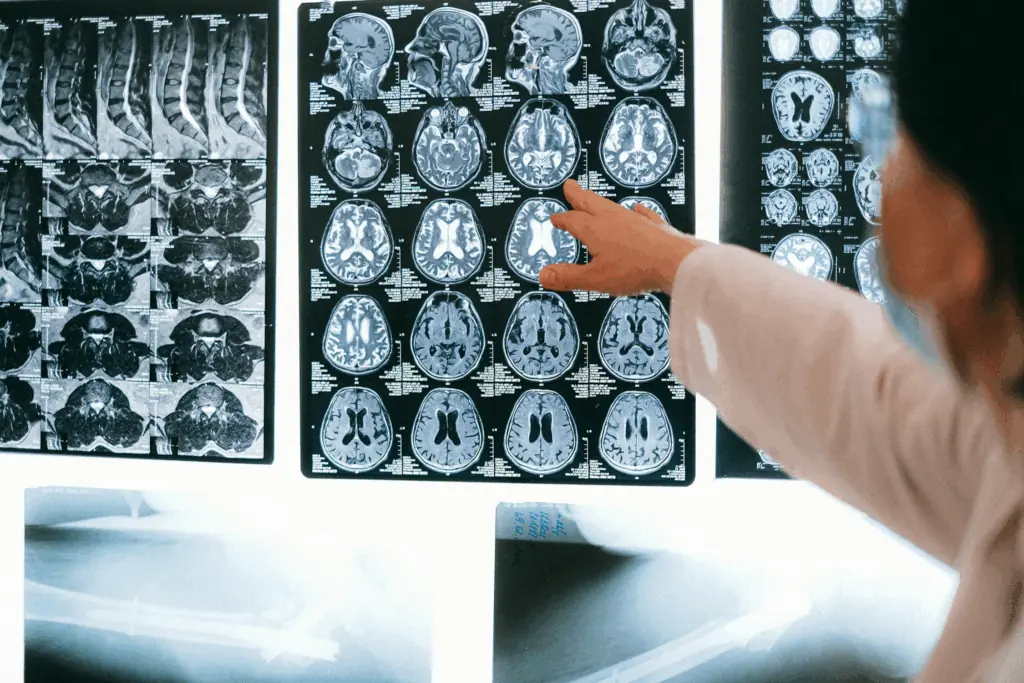
Warning Signs You Should Never Ignore: The Silent Symptoms Of A Brain Aneurysm

Having This Blood Type Will Make You Age Slower—And It’s Backed By Science

Shocking amount of time one can of soda can take off your life
One can of soda might seem harmless, but when multiplied across days, weeks, and years, the cost adds up - to minutes, hours, and even years of life lost.

Common Backyard Plant May Help Fight Tumors, Diabetes, And High Blood Pressure

Drinking Water On An Empty Stomach: Japanese Water Therapy, What Science Says and More

8 Natural Remedies for Sinus Infections That Work Without Antibiotics

Proven Health Benefits and Uses of Thyme and Thyme Tea

Dancing Proven More Effective Than Antidepressants for Treating Depression, Landmark Study Finds
A major new review suggests that dancing may outperform both medication and other forms of exercise in alleviating symptoms of depression—raising profound implications for how we treat mental health globally.
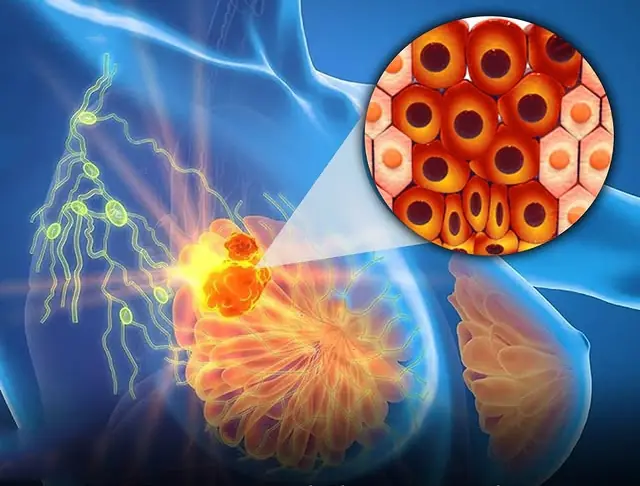
Eliminating Parabens and Phthalates from Daily Use Reverses Cancer-Linked Changes in Healthy Breast Tissue, Study Finds
A new clinical study reveals that removing parabens and phthalates from daily personal care routines for just four weeks can reverse cancer-associated cellular changes in healthy br3ast tissue, offering a compelling case for cleaner beauty and hygiene pro
News Post

Why Kidney Failure Is Striking The Young—And How To Stop It

Bill Gates reveals profession which will remain '100% human' even after AI replaces most jobs

People shocked after passenger filmed as their phone went through X-ray scanner at airport

Mammoth structures discovered beneath Africa could be 'ancient planet' 4,500,000,000 years old

YouTuber discovers 78-year-old woman who's been keeping her own world alive in a 'dead' game for years

Nurse Reveals The Spine-Chilling Truth About What Happens After We Die

If You See A Man With One Painted Fingernail, Here’s What It Means

One Month Before A Heart Attack, Your Feet Will Give You These 6 Silent Warnings

Six Minutes Beyond Life: What I Saw After Dying And Coming Back

Striking simulation illustrates the progression of death from cancer

Hotel Warning: 3 Disturbing Signs You Should Never Ignore

Air India Crash Passenger Shared Eerie Clip Showing Total Power Failure Hours Before Tragedy

Could Psilocybin Be The Key To A Longer Life? Researchers Are Shocked

If You See A Fence Painted Purple, You Better Know What It Means – Knowing This Can Save Your Life

6 Types of Foods That Can Negatively Affect Your Thyroid

Stage 4 Cancer Survivor's Urgent Warning: Overlooked Minor Signs Can Hide Deadly Disease

What Causes Those Strange Ripples In Your Jeans After Washing?
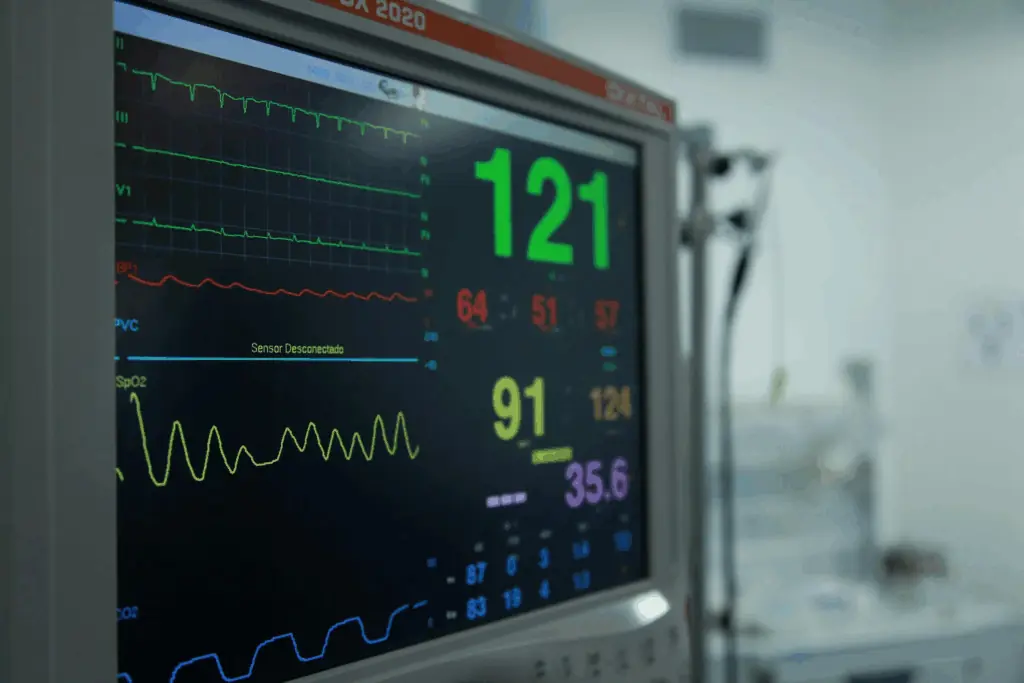
Cardiologist Breaks Down 3 Unexpected Red Flags Of A Weak Heart

